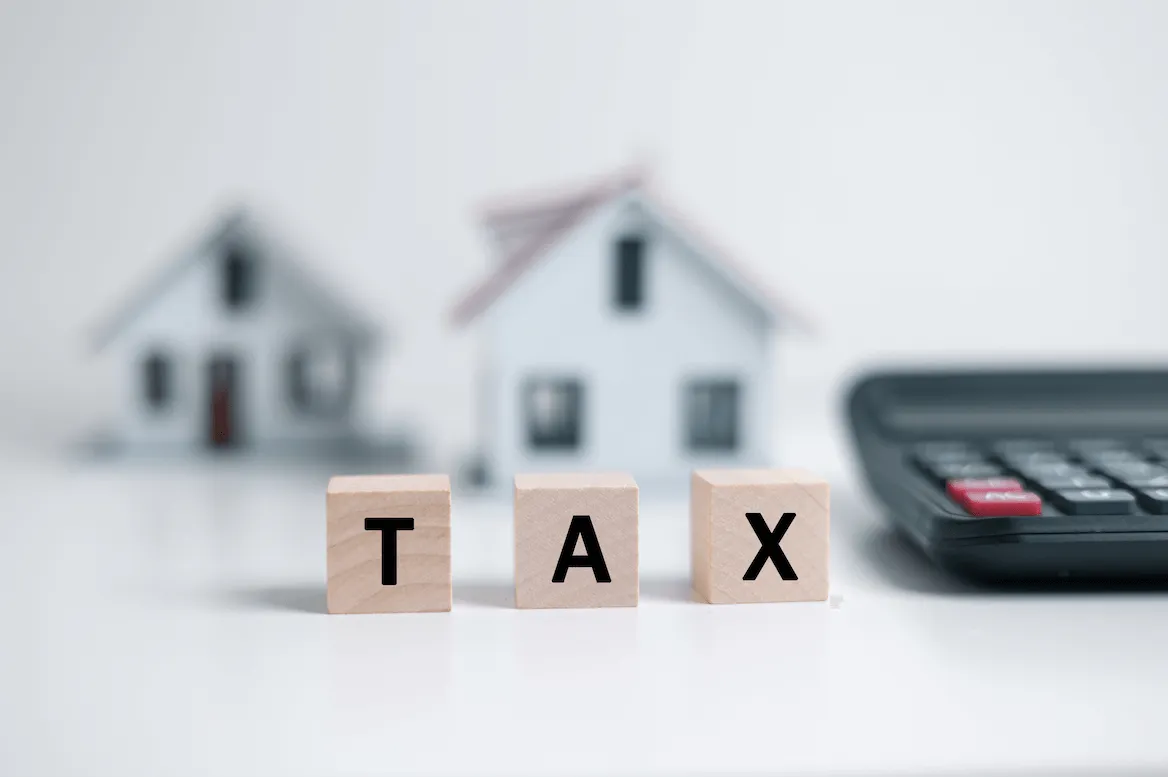Summary
- If you own property in a major urban centre in BC, you must file a Speculation Tax Declaration annually.
- Each owner on title must complete their own declaration.
- Declarations are due by March 31st.
- To complete your declaration, you will need your SIN and your personal declaration code and letter ID from your government letter.
What is it?
The Speculation and Vacancy Tax was introduced in 2018 in an effort to combat rising real estate prices (believed to be caused by foreign investment) and to deter owners from leaving homes vacant. Thus, the tax imposes financial assessment against property owners in major urban centres where the property is either (1) vacant or underutilized or (2) where the owner is a satellite family.
Major urban centres: Metro Vancouver, Abbotsford, Chilliwack, Mission, the Capital Regional District (excluding the Gulf Islands and Strait of Juan de Fuca), Nanaimo, Kelowna, West Kelowna and Lantzville.
Underutilized: property that is not rented for at least 6 months of the year. Multiple rentals periods among different tenants can be combined to achieve the total 6 months, but all rentals must be at least 1 month long.
Satellite family: either an individual or a couple whose combined majority income is not taxed in Canada. (Instead, the income is declared in another country). A person can be a satellite family even if they are a Canadian citizen or resident of BC and/or that particular BC property.
Note: The Speculation and Vacancy Tax is a provincial tax and is completely separate from Vancouver’s municipal Empty Homes Tax (EHT). If you own property in Vancouver, you must make separate declarations for each tax.
Taxation & Declaration Timelines
Each year, all property owners are mailed a Speculation and Vacancy Tax declaration letter in January or February. Each owner on title of a property must complete a declaration for each property that they own (based on ownership as at December 31st the prior year). This is an annual requirement, regardless of whether you expect to pay the tax or are eligible for an exemption (if this tax does not apply to you). In this sense, the tax declaration process is like negative option billing – it doesn’t apply to 99% of people but you must opt out of it or pay the tax in order to be in compliance. Declarations for the previous year are due by March 31stand, if applicable (you will receive your bill in April or May), the Speculation and Vacancy Tax is due on the first business day of July. In order to complete your declaration, you will need your social insurance number (SIN) and your personal declaration code and letter ID, both from your government declaration letter.
The rate of taxation is based on a percentage of the property value. (For Canadian citizens and permanent residents who are not part of a satellite family, the rate is 0.5%. For foreign owners and satellite families, the rate is 2%). However, if unpaid, the Speculation and Vacancy Tax is considered to be an outstanding personal tax. This means that, unlike property taxes which outstanding balance always “runs with the land,” outstanding Speculation and Vacancy Tax cannot be passed on from a previous owner to a new property purchaser.
Questions
If you have not received your government declaration letter in the mail by March 1st or if you have any questions about your eligibility for exemptions and/or applicability to pay the tax, you should contact the BC Government Speculation Tax department.
Toll free: 1-833-554-2323
Email: [email protected]
For frequently asked questions, you can also visit the government website: Government Site
________________________________________________________







